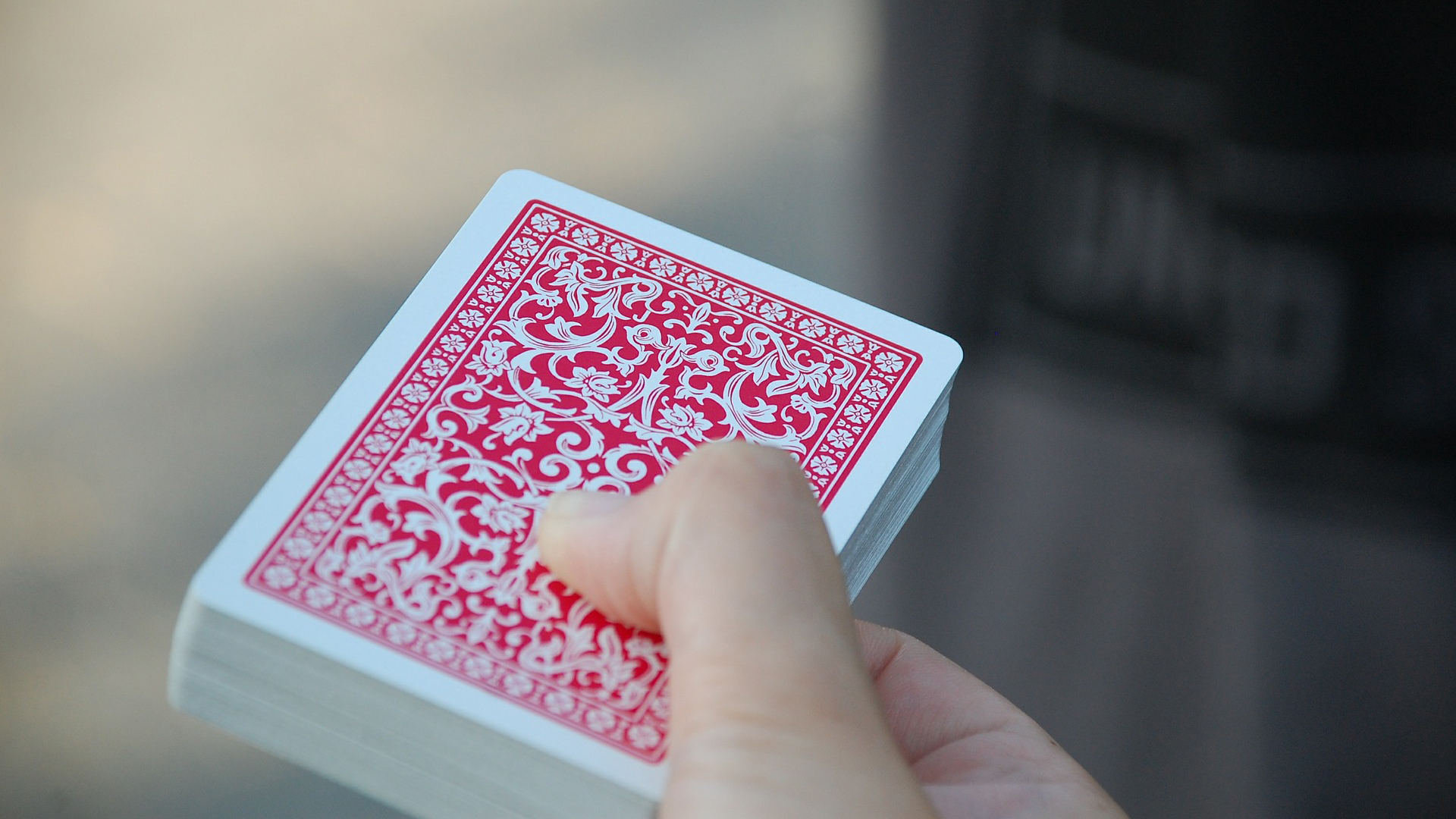How computers can design magic tricks
Think of a number, any number

Magician isn't the first job you think of when you try to come up with a list of professions that computers can make easier.
But researchers from Queen Mary University of London are working on building computer systems that can design new magic tricks based on models of human perceptual quirks and processes.
Peter McOwan, who works at the School of Electronic Engineering and Computer Science and is also a practicing magician, has been looking at building models of human behavior using existing datasets of psychological data from social media. "Computer science and artificial intelligence can help in conjuring new tricks, which the magician could then perform," he said.
That data can be fed into computers models that generate tricks. For example, it could draw on mental associations people have between words to predict what someone might say in a particular situation.
Concealed body
There are other options too. A computer could use physiological data to work out what comfortable positions a concealed body could take in a cabinet.
Software packages could model optical illusions which manipulate our perceptions of the shape of objects. And modelling software could give magicians a spectator's-eye-view when they're developing sleight-of-hand tricks.
Howard Williams, the co-author on a paper that the pair have written on the subject, said: "Magicians and trick designers, and those in other creative fields, such as music and design, already use machines as development aids, however we point out that computers also have the potential to be creative aids, generating some aspects of the creative output themselves - though currently in a highly supervised way."
Sign up for breaking news, reviews, opinion, top tech deals, and more.
